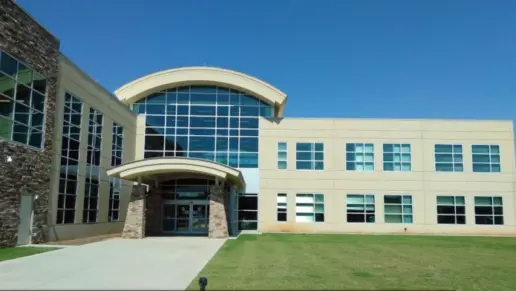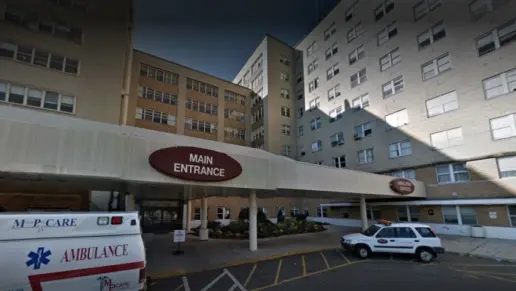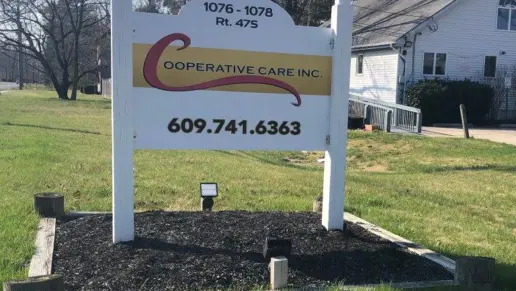About Atlantic Health System – Morristown Medical Center
Atlantic Health System – Morristown Medical Center is located in Morristown, New Jersey. At Atlantic Health System – Morristown Medical Center, they know behavioral health plays an important role in the healing process – not just for patients dealing with mental health disorders or substance abuse, but also for those recovering from injuries, surgeries, diseases and other conditions.
When it comes to health and well-being, the mind is just as essential as the body. At Atlantic Behavioral Health, we know behavioral health plays an important role in the healing process – not just for patients dealing with mental health disorders or substance abuse, but also for those recovering from injuries, surgeries, diseases and other conditions. We help them cope with the stress and emotional challenges caused by such physical ailments.
Their behavioral health team features highly-trained psychiatrists, psychologists, social workers and licensed clinicians. They provide a variety of mental health services on an inpatient and outpatient basis, including intensive outpatient programs.
In the event of a psychiatric emergency, Atlantic Behavioral Health offers crisis intervention services, including a 24-hour hotline, risk assessments and screenings, and community trauma assistance.
Electroconvulsive therapy (ECT) delivers low doses of electrical current to the brain to stimulate brief seizures, which have been clinically proven to have a mood-stabilizing effect. Physicians at Atlantic Behavioral Health may use ECT for patients struggling with major depression who have not responded well to medications or other forms of therapy.Both inpatient and outpatient ECT treatment are available. An evaluation with a clinician and psychiatrist can help patients and families decide which treatment is best.
Inpatient mental health programs are designed to help stabilize those with mental illnesses. At Atlantic Behavioral Health, they encourage personal empowerment among the hospitalized patients through self-awareness and education. Each adult admitted to our program receives a medical evaluation by their team of professionals, which includes on-site psychiatrists, nurses and licensed social workers. Treatment may consist of group psychotherapy, individual and family counseling, activities therapy and medication management. With the patient’s consent, they strongly recommend involvement by family members throughout all stages of care.
Facility Overview
Rehab Score
Gallery
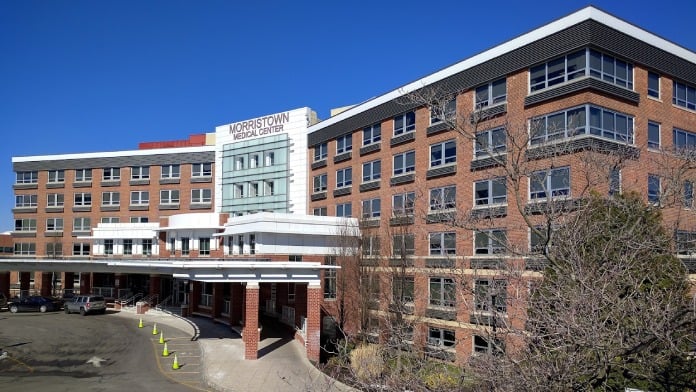
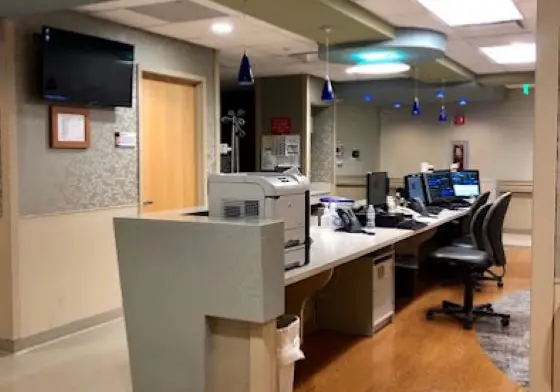
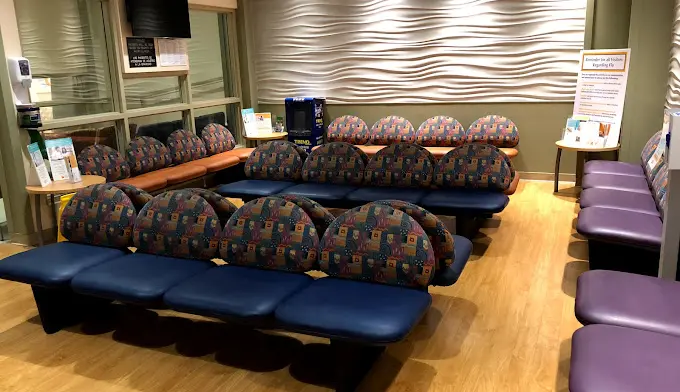
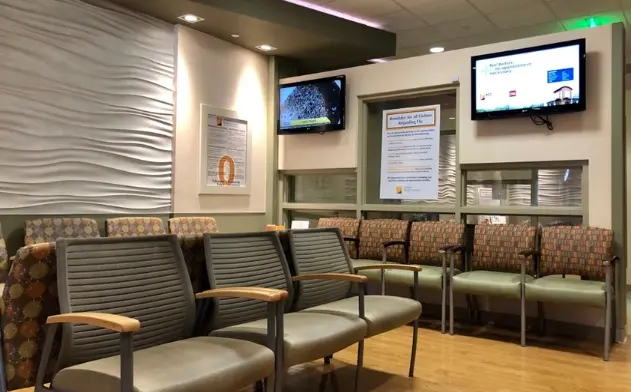
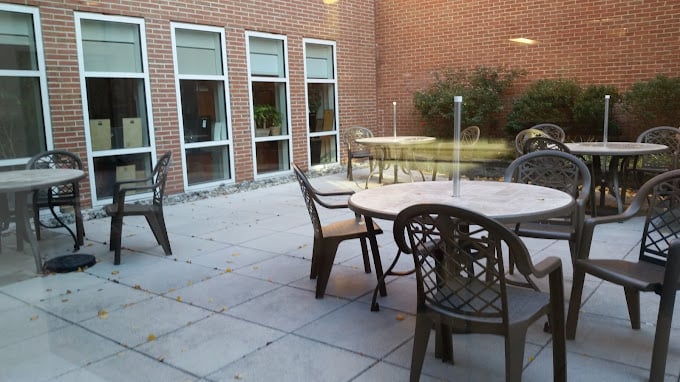
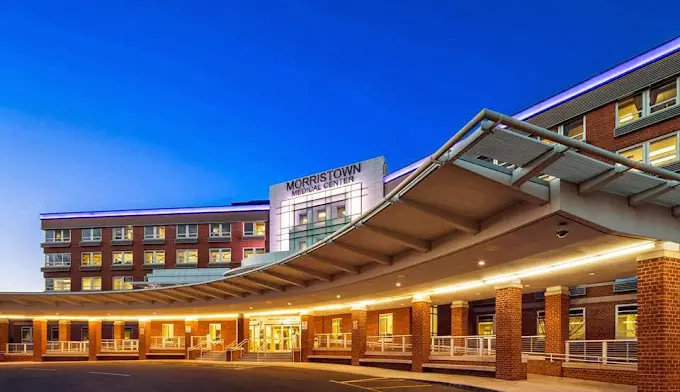
Location
Accepted Insurance
Other Forms of Payment
Private insurance refers to any kind of healthcare coverage that isn't from the state or federal government. This includes individual and family plans offered by an employer or purchased from the Insurance Marketplace. Every plan will have different requirements and out of pocket costs so be sure to get the full details before you start treatment.
Self-pay involves paying for treatment out of your own pocket. You can use savings or credit, get a personal loan, or receive help from family and friends to fund your treatment. If you don't have insurance or your insurance plan doesn't cover a specific program, self-pay can help ensure you still get the care you need.
Medicare is a federal program that provides health insurance for those 65 and older. It also serves people under 65 with chronic and disabling health challenges. To use Medicare for addiction treatment you need to find a program that accepts Medicare and is in network with your plan. Out of pocket costs and preauthorization requirements vary, so always check with your provider.
Military members, veterans, and eligible dependents have access to specific insurance programs that help them get the care they need. TRICARE and VA insurance can help you access low cost or no cost addiction and mental health treatment. Programs that accept military insurance often have targeted treatment focused on the unique challenges military members, veterans, and their families face.
Medicaid is a state based program that helps lower-income individuals and families pay for healthcare. Medicaid covers addiction treatment so those enrolled can use their coverage to pay for rehab. When a program accepts Medicaid the client often pays very little or nothing out of their own pocket.
Addiction Treatments
Levels of Care
Treatments
Many of those suffering from addiction also suffer from mental or emotional illnesses like schizophrenia, bipolar disorder, depression, or anxiety disorders. Rehab and other substance abuse facilities treating those with a dual diagnosis or co-occurring disorder administer psychiatric treatment to address the person's mental health issue in addition to drug and alcohol rehabilitation.
Mental health rehabs focus on helping individuals recover from mental illnesses like bipolar disorder, clinical depression, anxiety disorders, schizophrenia, and more. Mental health professionals at these facilities are trained to understand and treat mental health issues, both in individual and group settings.
Programs


Clinical Services
Cognitive Behavioral Therapy (CBT) is a therapy modality that focuses on the relationship between one's thoughts, feelings, and behaviors. It is used to establish and allow for healthy responses to thoughts and feelings (instead of unhealthy responses, like using drugs or alcohol). CBT has been proven effective for recovering addicts of all kinds, and is used to strengthen a patient's own self-awareness and ability to self-regulate. CBT allows individuals to monitor their own emotional state, become more adept at communicating with others, and manage stress without needing to engage in substance abuse.
Group therapy is any therapeutic work that happens in a group (not one-on-one). There are a number of different group therapy modalities, including support groups, experiential therapy, psycho-education, and more. Group therapy involves treatment as well as processing interaction between group members.
In individual therapy, a patient meets one-on-one with a trained psychologist or counselor. Therapy is a pivotal part of effective substance abuse treatment, as it often covers root causes of addiction, including challenges faced by the patient in their social, family, and work/school life.
Trauma therapy addresses traumatic incidents from a client's past that are likely affecting their present-day experience. When a traumatic or catastrophic event occurs – whether at school, work, the neighborhood or larger community – Atlantic Behavioral Health is there to help survivors, witnesses and their families begin the healing process.
Whether a marriage or other committed relationship, an intimate partnership is one of the most important aspects of a person's life. Drug and alcohol addiction affects both members of a couple in deep and meaningful ways, as does rehab and recovery. Couples therapy and other couples-focused treatment programs are significant parts of exploring triggers of addiction, as well as learning how to build healthy patterns to support ongoing sobriety.
Counseling that includes parental and family involvement is central to their program and highly encouraged. Research clearly demonstrates that recovery is far more successful and sustainable when loved ones like family members participate in rehab and substance abuse treatment. Genetic factors may be at play when it comes to drug and alcohol addiction, as well as mental health issues.
Life skills trainings involve all the skills a person must have in order to function successfully in the world. These include time management, career guidance, money management, and effective communication. Truly successful addiction recovery is based on the ability to not only live substance-free, but to thrive. Life skills teaches the practical necessities of functioning in society, which sets clients up for success in life, and therefore sobriety.
Diet can directly affect a person’s physical health, mental well-being and overall quality of life. Eating healthfully – ensuring that you get the nutrients you need to stay well and manage any health problems – can significantly decrease the amount of medication needed to treat a disease. Overlook Medical Center’s outpatient dietitians are experts in medical nutrition therapy, preventative medicine, current research findings, behavioral change strategies and mindfulness training.
Experiential therapy is a form of therapy in which clients are encouraged to surface and work through subconscious issues by engaging in real-time experiences. Experiential therapy departs from traditional talk therapy by involving the body, and having clients engage in activities, movements, and physical and emotional expression. This can involve role-play or using props (which can include other people). Experiential therapy can help people process trauma, memories, and emotion quickly, deeply, and in a lasting fashion, leading to substantial and impactful healing.
Nicotine Replacement Therapy (NRT) is a way of getting nicotine into the bloodstream without smoking. It uses products that supply low doses of nicotine to help people stop smoking. The goal of therapy is to cut down on cravings for nicotine and ease the symptoms of nicotine withdrawal.
Amenities
-
Residential Setting
-
Private Setting
-
Private Rooms
Staff & Accreditations
Staff

President and Chief Executive Officer

Executive Vice President, Chief Health System Officer

Executive Vice President, Chief Clinical Officer

Executive Vice President, Chief Administrative Officer
Accreditations

The Substance Abuse and Mental Health Services Administration (SAMHSA) is a branch of the U.S. Department of Health and Human Services. Established in 1992 by congress, SAMHSA's mission is to reduce the impact of substance abuse and mental illness on American's communities.
SAMHSA Listed: Yes

State Licenses are permits issued by government agencies that allow rehab organizations to conduct business legally within a certain geographical area. Typically, the kind of program a rehab facility offers, along with its physical location, determines which licenses are required to operate legally.
State License: New Jersey

The Joint Commission, formerly known as JCAHO, is a nonprofit organization that accredits rehab organizations and programs. Founded in 1951, the Joint Commision's mission is to improve the quality of patient care and demonstrating the quality of patient care.
Joint Commission Accreditation: Yes
Accreditation Number: 5958
Contact Information
100 Madison Avenue
Morristown, NJ 07960





